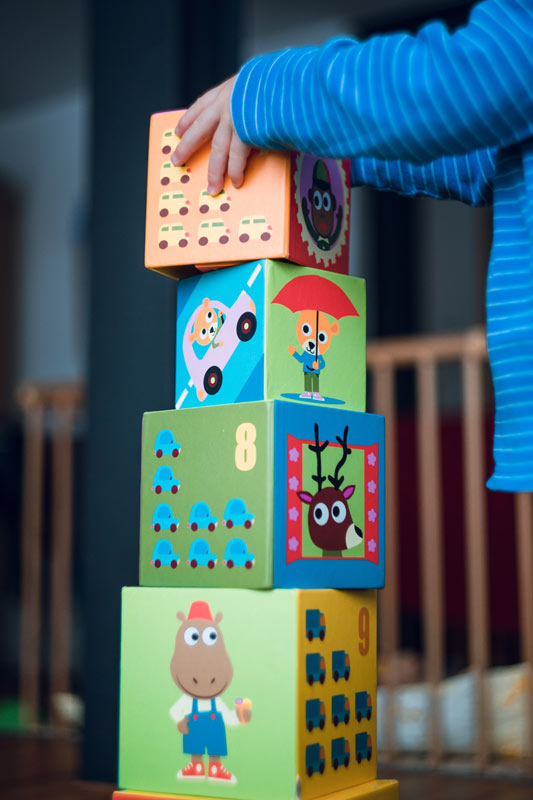Fewer Toys Can Mean More - And Better - Play
A new study suggests that when it comes to toys and play, less may be more. The researchers were curious about whether the number of toys in a room would affect how children played, including how many toys they played with and how long they spent with each toy.
The study found that when the children in the study were in a playroom with 16 toys, they played with more toys and spent less time with each one than they did when they were in a playroom with only four toys.
The researchers also noticed that the quality of the children’s play seemed to be better when fewer toys were available. When there were fewer toys available, the children made more creative use of them. In the study, the children’s first attempts to play with a toy were often superficial and simple. But when they stuck with the toy the play became more sophisticated.
The study is supported by other research that show that more toys mean more distractions and less creativity. Having fewer toys has also been associated with less solitary play and increased sharing. Experts hesitate to put a figure on the number of toys children should have, but many believe two dozen is enough for children of pre-school age. When it comes to books, more is often better, but regular visits to the local library can ensure children always have a good selection to choose from.
For parents looking to avoid toy overload, here are a few ideas:

- Make a family rule that for each new toy that comes in the home, one older toy is donated.
- Pack some toys out of sight and rotate them every so often. Some parents also hide away some of the new presents during the holidays, and pull them out later.
- Prioritize simple multi-purpose toys that encourage creative thinking, teamwork, and imaginative play, such as bricks, blocks and other building toys. Role-playing toys, such as costumes and dollhouses, also help children to enhance their social and emotional skills.
- Consider offering experiences instead of things. Research shows that experiences do more for our happiness and our relationships than objects do and meaningful interactions with family members make children feel loved.



